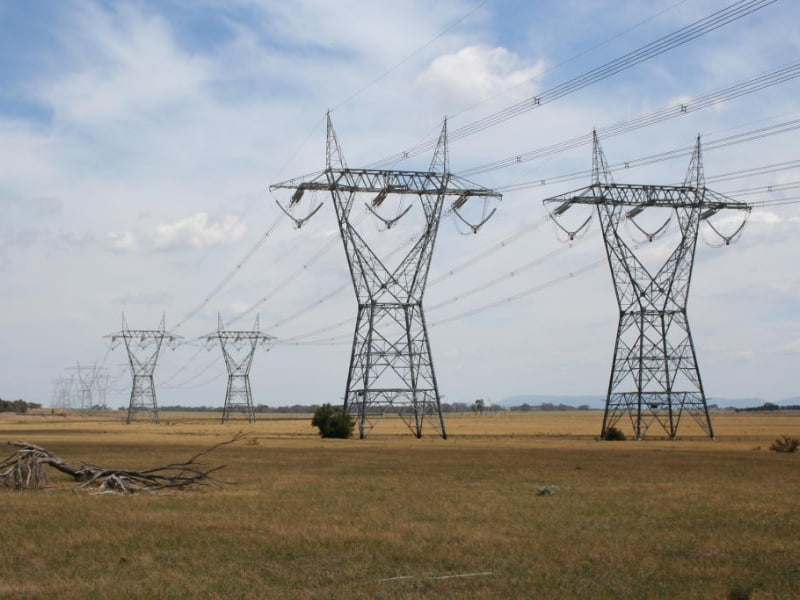The competition watchdog has begun work on rolling out an open energy scheme, before the legislation underpinning it has even been passed.
The Australian Competition and Consumer Commission has opened consultations on potential models for the application of the Consumer Data Right to the energy sector, with the aim to implement it in the first half of next year.
The Consumer Data Right legislation, which was introduced to Parliament by the government earlier this year, effectively shifts the ownership of customer data from supplier to the customer, enabling them to more easily take it with them when they move to a competitor.

The legislation is yet to pass the Senate, and Labor’s attempt to extend a senate inquiry into the new powers was rejected by the government during the last senate sitting week.
In the meantime, the ACCC has released a new consultation paper on how best to apply the scheme to the energy sector.
“While there is likely to be commonality in the CDR rules that apply across sectors, each sector which is included in the CDR will have a range of sector-specific considerations,” the ACCC paper says.
“In energy, one relevant consideration is that energy data on an individual consumer may be held by a number of organisations and it may not be possible for a single entity to provide sufficient data alone,” it said.
“It may therefore be appropriate to impose obligations under the CDR on more than one entity and unlike in the banking sector, the market operator also holds some customer data.”
Data to be included in the open energy scheme will likely include connection point information, contact details, metering data, billing information, product information, average daily load and distributed energy resources register data.
The ACCC has proposed three different models for the application of the CDR to the energy sector: a centralised model, a gateway model and an economy-wide model.
In the first two models, the Australian Energy Market Operator (AEMO) would play the primary role in facilitating the transfer of data.
The centralised model would see the AEMO being the sole data holder of the centralised data set, and would provide this data directly to the third parties. This would require other data holders to build APIs that allow them to provide the data to the AEMO, and for the operator to build APIs that provide the data to the recipients.
Under that model, the AEMO would act as the one point of contact for the third party data recipients.
The existence of a centralised data set would pose a potential vulnerability though, the ACCC said.
“While AEMO’s existing data holdings and role as system operator require AEMO to maintain requisite security and resilience controls, any approach that centralises customer-specific identifiable data within one entity involves additional risks to the security of that information,” it said.
The gateway model would see the AEMO acting as a “pipeline” for the transfer of CDR data from holders to third party recipients, allowing for the decentralised sharing of energy data.
The AEMO would have to source the data that it doesn’t already hold from the data holders, and be able to safely issue it to the recipients.
“The pooling of energy data, including personally identifiable information, at a gateway may necessitate increased requirements for information security and resiliency. This model also raises issues with respect to service continuity and performance, as data access via a gateway introduces the risk of a single point of failure,” the ACCC said.
The third potential model mirrors that which is being applied to the banking sector. The economy-wide model removes the third party, and would make the existing energy retailers responsible for directly providing the data to accredited recipients.
In this proposal, the AEMO would only be involved with the scheme as a designated data holder, and would hand over the data the same as any other retailer.
The ACCC is now asking for submissions on the impact of these models on consumers, markets, privacy and confidentiality, competition, innovation and the likely associated regulatory impact.
Do you know more? Contact James Riley via Email.

